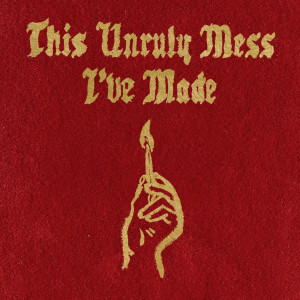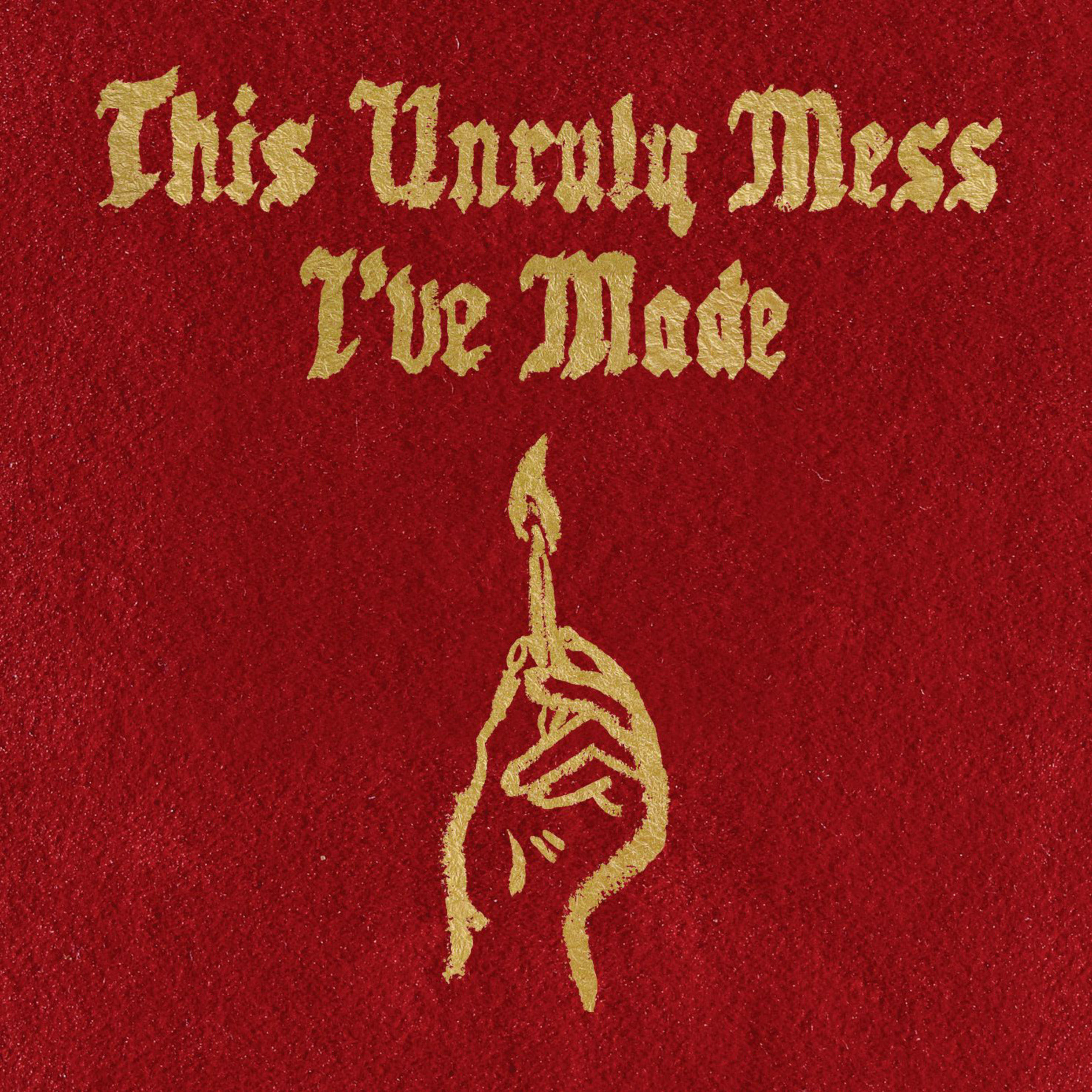 Macklemore & Ryan Lewis
Macklemore & Ryan Lewis
This Unruly Mess I’ve Made
MACKLEMORE LLC
5/10
“So America, is it really worth it?” Macklemore asks on “Kevin,” implicating us all in his too-sweet-sounding ode to a titular friend who overdosed on OxyContin. Then he emphasizes, “I’m asking you,” before Leon Bridges—one of many burgeoning pop stars on this album—steals Macklemore’s spotlight. Yes, we know you’re asking us, Macklemore. But this isn’t about you.
Ostensibly, Macklemore’s second LP with producer partner Ryan Lewis is about a lot of things—addiction, the music industry, classism, and white privilege—but what it’s most about is how broken up the emcee is over it all. In the opening string-parsed paean to indie-ness “Light Tunnels,” Macklemore describes his duo finally going big, but not without biting the hand that feeds him (“This feels so narcissistic / Dressed as a celebration to conceal it’s a business”). It comes off as sincere and wrongheaded and it’s as unsolicited as his apology text to Kendrick Lamar after the Grammys; Ben Haggarty can’t help but rap about how very sorry he is as a white person capitalizing on the art of black people.
It’s welcome, not because he should be racked with guilt, but because in his guilt Macklemore opens up some slick production (care of Lewis, who is nothing if not smooth) to everyone from young gunner Chance the Rapper to elder icons KRS-One, Melle Mel, and DJ Premier. In all, This Unruly Mess I’ve Made comes off like the work of a devoted outsider curating a scooter tour through hip-hop history.
The album’s only unruly mess is its length; we could have done without “Growing Up”—the first of two songs detailing teaching one’s daughter to be a good human, replete with a barely stomach-able Ed Sheeran chorus—or “Let’s Eat,” which feels like a dumb riff on De La Soul’s much more plangent whimsy. Much cleaner is Macklemore’s solipsism, through which he wrestles with his rights to the culture that gained him fame. But maybe if he didn’t champion his buying a moped while other rappers buy Bugattis (“Downtown”) or chastise the fans that gave him a platform that allows him to project his guilt onto them (“White Privilege II”), or use the whitest crooner on the planet in Sheeran to teach his daughter the value in Sam Cooke’s music, then maybe he’d be able to get over himself enough to realize he’s playing both sides of that fine line between love and pandering.







